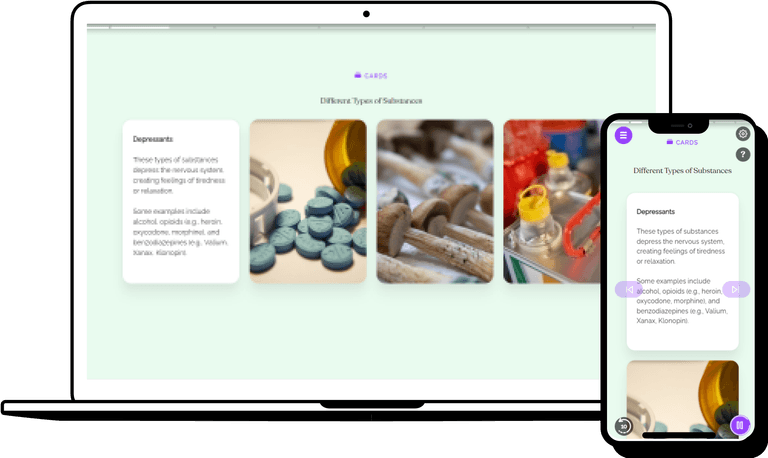Laws and Policies About Substance Use in the Workplace
Substance use in the workplace can be a major safety and productivity concern, so it is important to understand the laws and policies that govern substance use in the workplace. Explore the various laws and policies that are in place to protect workers, employers, and the public in relation to substance use in the workplace.

When is Substance Use Permitted in the Workplace?
Substance use in the workplace is generally not permitted, however, there may be exceptions in certain cases such as using prescription medications for medical purposes. Employers should have a clear policy in place regarding substance use and make sure that employees are aware of it. Employees should also be aware of their rights and obligations when it comes to substance use.

Employers can develop policies relating to substance use in the workplace, but it’s important to understand that certain laws related to substance use must be followed.
According to this legislation, workers may take unpaid time off to attend to their own medical needs or to take care of family members who are suffering from significant illnesses, such as drug or alcohol addiction.
This law requires employers to inform employees that the use of illegal drugs is prohibited in the workplace and that disciplinary action may be taken if they fail drug tests.
The ADA prohibits employers from discriminating against an employee or job applicant based on their disability—including addiction to alcohol or drugs. Employers must also provide reasonable accommodations to employees with disabilities, including those related to substance abuse.

Evolving Laws Regarding Substances
As new information is uncovered about certain substances, and as attitudes around different substances shift, people make new laws regarding substances. For example, consider the legal status of cannabis products across the United States. Over the last decade, the use of cannabis products for recreational use has been legalized in some states. States have been legalizing medical uses of cannabis since 1996. There are currently only three states that prohibit at least some medical use of cannabis.
Substance Use Policies
Employers that are not covered by the Drug-Free Workplace Act of 1988 may also develop and enact substance use policies at work. These policies should include several components.
Here are some myths to look out for:
- -
Purpose : The policy should clearly explain the purpose of the rules being put into place.
- -
Scope : The policy should define its scope, to whom does the policy apply, and who will enforce the policy?
- -
Rules : The policy should clearly define what substance use is allowed, if any, and when and where these rules apply.
- -
Testing : The policy should explain when and how substance testing will be conducted.
- -
Corrective Actions : The policy should explain what the consequences are for violating the policy, including any corrective actions that may be taken, such as suspension or termination.

Become Familiar with Laws and Policies About Substance Use in the Workplace
Training employees on laws and policies about substance use in the workplace is an important part of any organization. It ensures that staff are aware of their rights and responsibilities, and it can help reduce the risk of workplace accidents and incidents. Training can also provide a platform for open discussion and help to create an environment that is both safe and supportive.

Helping over 8,000 organizations create a safer, more productive workplace
By providing learners with a more in-depth understanding of substance use and misuse in the workplace, this course empowers individuals and organizations to create a culture of support and empathy, ultimately leading to a safer and more productive workplace for all.





















